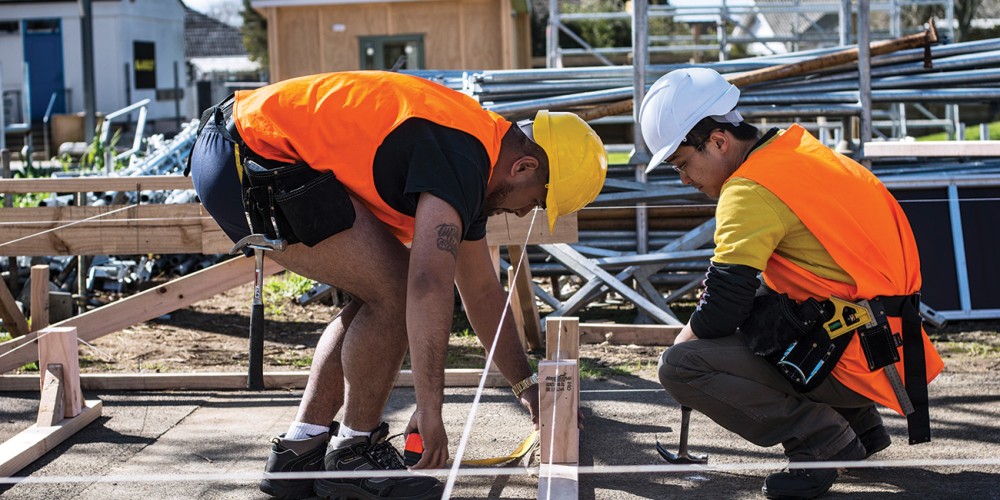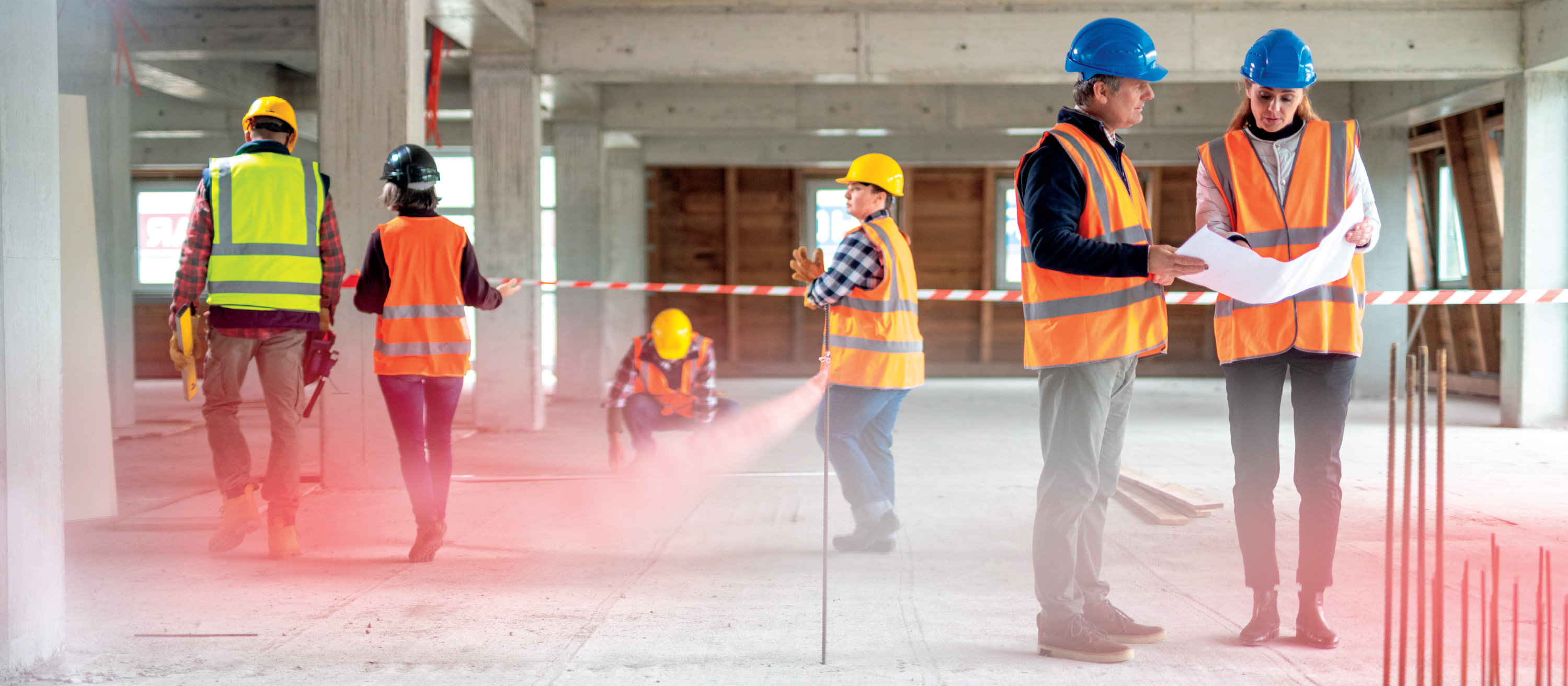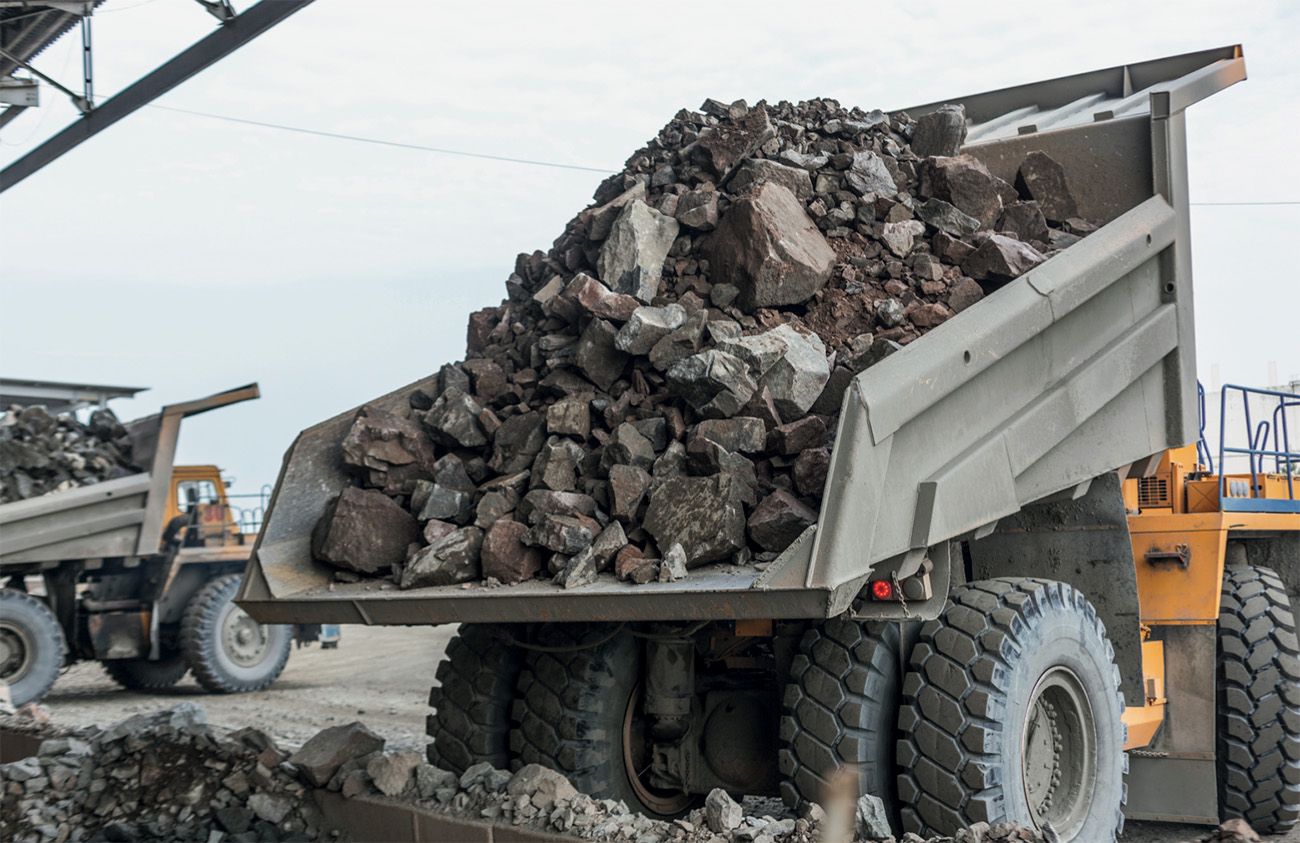A more effective model of support for Māori Level 4 Carpentry Apprentices – reducing the time it takes to get qualified
Using kaupapa Māori interventions this project aims to improve the support and delivery of carpentry apprenticeships for Māori thereby increasing the number of qualified Māori builders.

The issue
In the Te Pūkenga – Whitireia WeTec context Kaupapa Māori informed support is provided to ākonga Māori to complete their pre-trade Carpentry qualification resulting in equity levels of achievement for these ākonga. However, upon transitioning to the qualifying level of the Carpentry qualification, the level of support provided has not resulted in ākonga Māori becoming qualified to levels needed by whānau, hapū and iwi Māori.
Intended outcomes
- To develop an evidence base for the development of interventions that will lead to more effective support and delivery of carpentry apprenticeships for ākonga Māori.
- To synthesise this evidence base to develop a set of interventions, that work in the real world, to support ākonga Māori more effectively through their carpentry apprenticeship.
- To test the efficacy of these interventions and their ability to reduce the gap in completion times between Māori and non-Māori carpentry apprentices.
- To increase the number of qualified Māori builders as a result of an improved support model.
- To provide an alternative, culturally preferred model of apprenticeship that results in more qualified Māori builders.
The steps
Step 1 >
To examine the current support model for ākonga Māori who are completing a Level 4 qualification in Carpentry to better understand how the model could be improved to be more effective.
Literature review Completed: He Arotakenga Mātākōrero Literature Review
Step 2 >
Use the insights gained from Step 1 to inform the design and implementation of a set of interventions in Phase Two of the project.
Step 3 >
To accurately understand the efficacy of the interventions used in Phase Two to provide the basis of an alternative, culturally preferred apprenticeship model that delivers better outcomes for iwi-Māori.
/ Caveat/ Note>
The interventions are framed within kaupapa Māori, which is more likely to be effective with ākonga Māori. It is research carried out by Kairangahau Māori for the direct benefit of ākonga Māori and their whānau.
Project Outputs:
Step 1 project output: He Arotakenga Mātākōrero Literature Review
Lead organisation: Te Pūkenga -Whitireia Weltec
Project Status: Complete
Contract Research Organisation: Whitireia Weltec

kylie.taffard@manukau.ac.nz
Related projects

Workforce journey indicators data dashboard
A data project to understand how people navigate in and out of the construction workforce
Degree-level apprenticeship (DLA) systems gap analysis
Understanding what changes are required to enable DLA as a delivery mechanism
Offsite manufacturing workforce forecast
Forecasting the size of the offsite manufacturing workforce required across the next 5-10 years

Civil Construction: A requirement for a robust and reliable training pipeline
Providing recommendations to combat the skilled labour shortage
A more effective model of support for Māori Level 4 Carpentry apprentices – reducing the time it takes to get qualified
Using kaupapa Māori interventions to increase the number of qualified Māori builders
Where is the front door? An investigation into the workforce entry points within the Construction and Infrastructure sector
Mapping the multiple entry points into the construction and infrastructure sectors

Environmental competency training
Ascertaining the specific skills required to meet the government’s environmental goals
Framework for Māori in high-skill roles
Understanding skills shortages experienced by Māori firms to support Māori into high-skill roles

From skilled industry practitioner to Kaiako
Analysing the current kaiako training to identify effective practices in classroom-based tertiary education
Supporting technical experts to become work-based trainers
Developing and trialing tools and resources that support work-based trainers to improve their practice

Temporary traffic management credentials framework
Informing the development of an improved TTM Credentials Framework

The New Zealand Quarrying Industry’s Possible Futures Toward 2030
Predicting the trends that will impact the quarrying industry to guide quarrying practice

Active Bystanders – Kaupapa Māori research project
Developing a Kaupapa Māori Theory of Change to inform effective bystander interventions for wahine Māori
Evaluation of government policy settings for apprentices
Understand the extent to which government apprenticeship policy settings are working
Investigating training advisors in work-based learning in the construction and infrastructure sectors
Analysing systemic forces for workforce development alongside
Women’s experiences working in Construction and Infrastructure
Women’s experiences working in Construction and Infrastructure
Skills standards
Good Practice in the Development and Implementation of Skill Standards-Based Qualifications
Neurodiversity
Neurodiversity